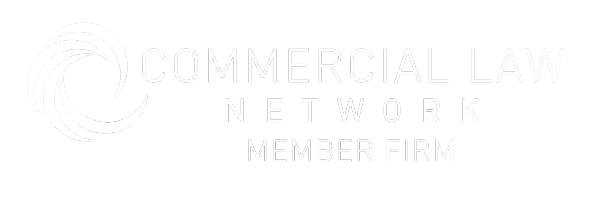When we think of estate planning, we often think about our personal items and finances. Estate planning for business owners concerns assets connected to a business or company, which is something many people overlook when planning their estate.
If you are a business owner, you have likely wondered what would happen to your business if you were to pass away. Estate planning for business owners is essential; it allows for the safe transfer of your company and its assets to your loved ones and can help preserve your business legacy. Let’s take a closer look.
What Will Happen to Your Business After You Pass?
Owning a business requires dedication, commitment, and sacrifice. You may have built your business from the ground up over several decades, and it is likely an important part of your life. What happens to your business after you pass is largely up to you, and there are a number of different routes you can take.
You can choose to wind your business up and cease operating. You can also sell your shares in the business to partners. Finally, you can choose to leave your business to family members or loved ones.
Whatever options you decide to take, your wishes must be clearly stated in your will.
Writing a Will
Writing a will is the most important part of estate planning, particularly when it concerns estate planning for business owners.
In your will, you must state what you want to happen to your business after you pass away. Failure to have a will in place could see your business dissolved, leaving loved ones who rely on it in financial difficulty. It could also see ownership of your business passed on to someone against their wishes, or without the skills or experience to continue operating the business.
What’s more, passing away without a will can cause conflict, as family members clash over the best way to manage and distribute your estate.
Business Structures
The structure of your business will determine how it will be handled after your death.
If you operate a sole trader company, your business will cease to exist after you pass, with associated assets simply becoming part of your larger personal estate. You can, however, leave your business to someone in your will or establish terms for a beneficiary to purchase the business.
If you own shares in a limited company, the shareholders’ agreement will be used to determine what happens to your shares after you pass. If you want your loved ones to benefit financially from your business but do not want to burden them with the responsibility of business ownership, you set up something called a cross-option agreement.
A cross-option agreement allows for named beneficiaries to sell your shares to remaining shareholders. This way, your loved ones can benefit from the value of your shares without shouldering the responsibility of being a named shareholder.
You can also use your will to direct that your shares be put into a trust for loved ones after your death. This also allows beneficiaries to benefit financially from your shares without having to be involved with the operation of the business.
If you are part of a partnership business, you should have a partnership agreement put in place that outlines what is to happen to the business in the event of the death of a partner. Partnership agreements take precedence over a will, an important fact that should be kept in mind when estate planning for business owners.
Inheritance Tax
Inheritance tax is an important part of estate planning for business owners and is something that should never be overlooked or forgotten about.
Inheritance tax is applied at a rate of 40% to estates valued at over £325,000. This encompasses things like personal possessions and property as well as stocks and shares.
However, business assets can often qualify for something called business relief, which can see inheritance tax for these assets reduced by 50% or even 100%. Some of the assets that can be eligible for business relief include property, equipment and machinery, and unlisted shares.
To qualify for 100% business relief, you must have owned a business or unlisted company shares for more than two years. You can see 50% business relief on shares that control over half of a listed company’s voting rights and on property and equipment used by the business.
Conclusion
Estate planning for business owners can be complicated, but it’s incredibly important and is something all business owners need to think carefully about. The structure of your business will determine what happens to it after you pass, and there are options available for inheritance tax exemption on shares and assets.


